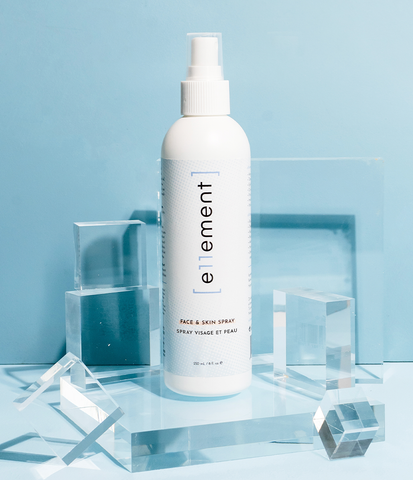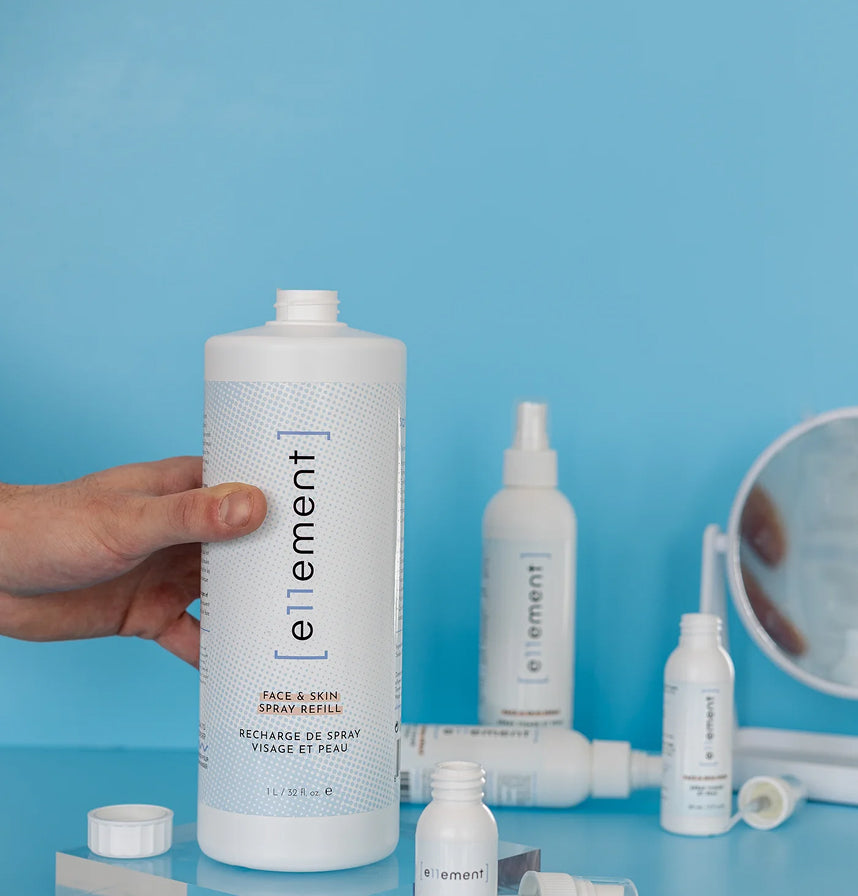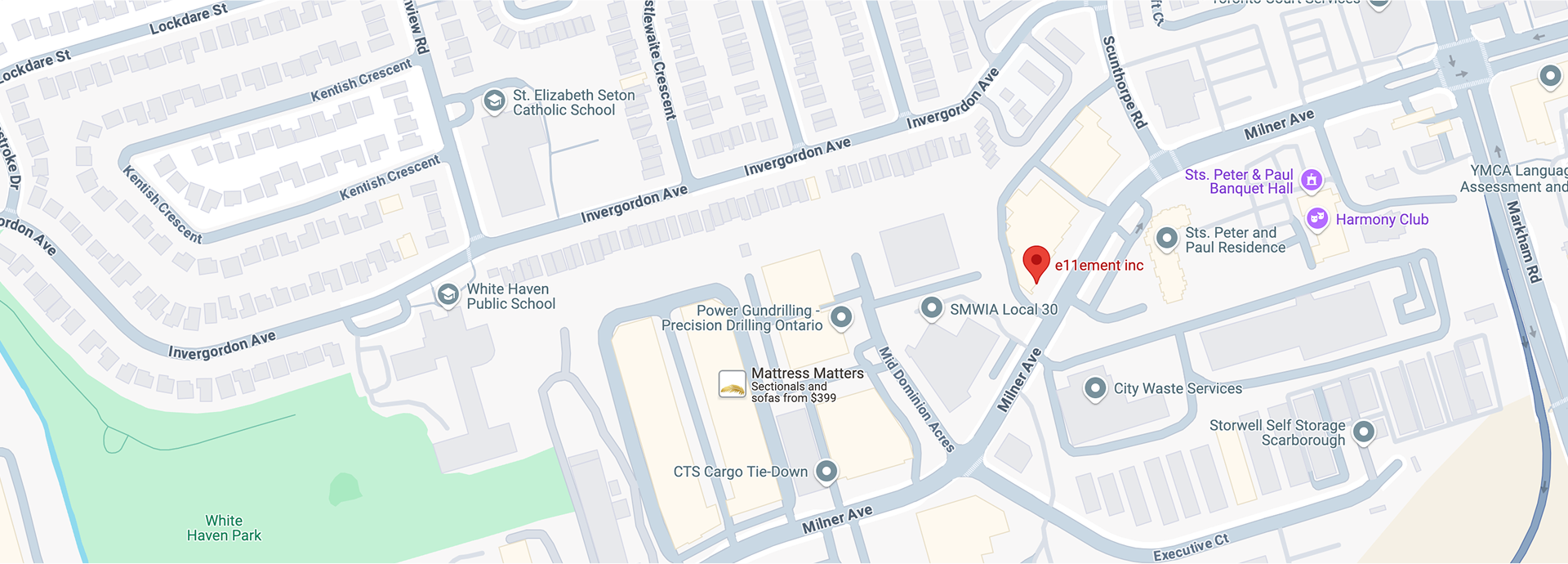Hypochlorous acid (HOCl) is a naturally occurring compound with potent antimicrobial properties. It's produced by the human body's immune system to combat infections. In recent years, it has gained popularity as a safe and effective disinfectant and skin care ingredient. Hypochlorous acid solutions, often in spray form, are widely available for various applications.

Benefits of Hypochlorous Acid Spray
- Disinfection: Hypochlorous acid is highly effective at killing a broad spectrum of bacteria, viruses, and fungi. It's often used to sanitize surfaces, objects, and even the air.
- Wound Care: Its gentle yet powerful antimicrobial properties make it suitable for wound cleaning and treatment. It helps to prevent infections and promote healing.
- Skin Care: Hypochlorous acid can be used to soothe irritated skin, reduce inflammation, and treat conditions like acne, eczema, and psoriasis.
- Odor Control: It effectively eliminates odors caused by bacteria, making it ideal for use in homes, offices, and public spaces.
How to Use Hypochlorous Acid Spray
The correct application of hypochlorous acid spray is essential to maximize its benefits. Here's a step-by-step guide:
Disinfection
- Surface Cleaning: Spray the surface generously and allow it to air dry. No rinsing is typically required.
- Object Sanitization: Spray the object thoroughly, ensuring all areas are covered. Let it air dry completely.
- Air Purification: Some hypochlorous acid sprays are designed for air purification. Follow the specific instructions provided by the manufacturer.
Wound Care
- Clean the Wound: Gently clean the wound with hypochlorous acid spray. Pat the area dry with a sterile gauze pad.
- Apply Dressing: Cover the wound with a sterile dressing to protect it from contamination.
Skin Care
- Cleansing: Spray the affected area with hypochlorous acid and gently pat dry.
- Moisturizing: Follow up with a gentle moisturizer to maintain skin hydration.
- Frequency: Use as needed, depending on the skin condition.
Safety Precautions
While hypochlorous acid is generally safe, it's essential to follow certain precautions:
- Eye Contact: Avoid spraying hypochlorous acid directly into the eyes. If it happens, rinse thoroughly with water.
- Skin Sensitivity: Some individuals may experience skin irritation. If this occurs, discontinue use and consult a healthcare professional.
- Storage: Store hypochlorous acid spray in a cool, dark place, away from direct sunlight.
- Expiration Date: Check the expiration date on the product and discard it if it's expired.
Choosing the Right Hypochlorous Acid Spray
The effectiveness of hypochlorous acid spray depends on its concentration and formulation. Consider the following factors when choosing a product:
- Intended Use: Select a product specifically designed for your needs, whether it's disinfection, wound care, or skin care.
- Concentration: The concentration of hypochlorous acid can vary. Choose a product with an appropriate level for your intended use.
- Ingredients: Look for products with minimal additives and fillers.
- Reputation: Choose a reputable brand with a proven track record.
Hypochlorous Acid Spray vs. Other Disinfectants
Hypochlorous acid offers several advantages over traditional disinfectants:
- Broad-spectrum efficacy: It effectively kills a wide range of microorganisms.
- Safety: It is generally considered safe for use on skin and surfaces.
- Environmental friendliness: It is biodegradable and does not produce harmful byproducts.
- Odorless: Hypochlorous acid solutions are typically odorless.
Conclusion
Hypochlorous acid spray is a versatile and effective tool for various applications. By understanding its properties, following proper usage guidelines, and taking necessary precautions, you can safely harness its benefits. Remember to choose a high-quality product and consider your specific needs when selecting a hypochlorous acid spray.























